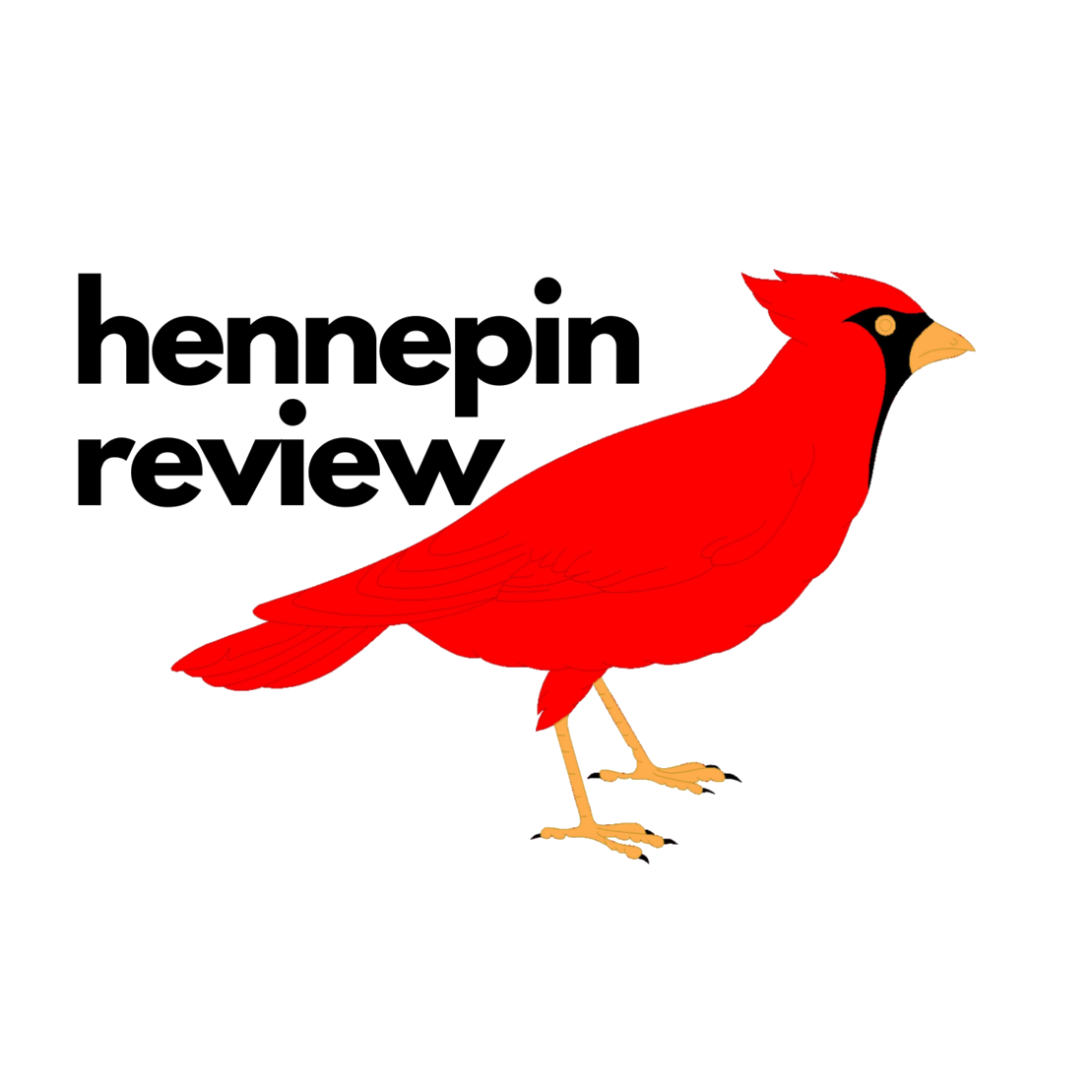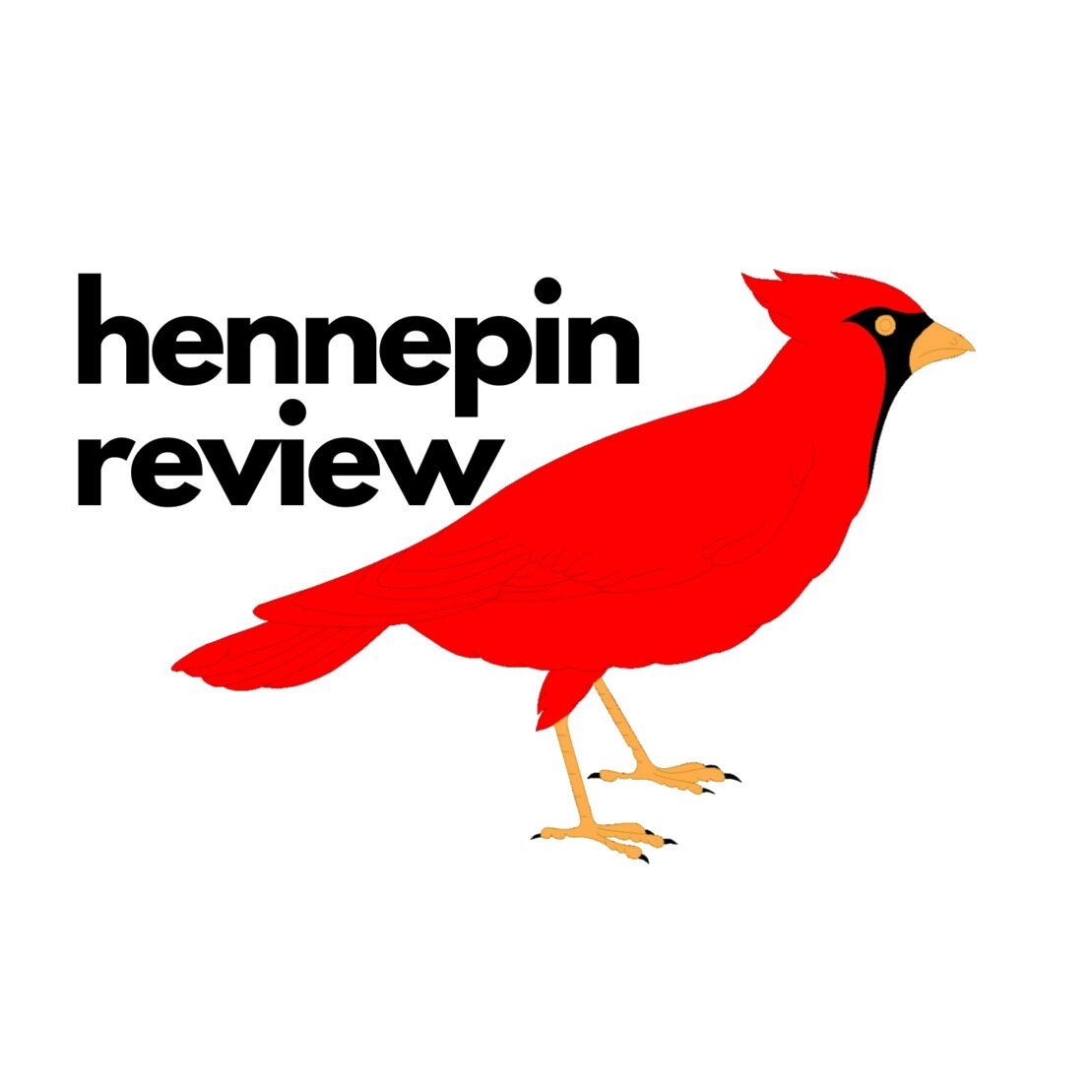Grandpa Joe
Debra Stone
On Sunday afternoon visits to Grandma Essie and Grandpa Joe’s house, Zenobia wanders to their backyard. It seems enormous to her. Grandpa sits on the plastic web lawn chair with green and white stripes, one hand on the garden hose, the other holding a cigar.
“Well, hello Miss Pooh, sit down with me,” he says.
He calls Zenobia this because she loves the book, Winnie the Pooh. She pulls the chair to sit close, watching water arch over Grandpa’s garden as he moves the hose back and forth, watering the plants evenly. The sun’s rays catch the water spray, making a rainbow.
“Look what you did, Grandpa!” she says, pointing.
He smiles. He’s colored by the sun. Cheekbones: sculptured planes on either side of his face. Skin smooth, not a wrinkle to be seen. Difficult to know his age. The smell of cigar lingers on his fingertips.
“Grandpa, can I try?” Zenobia says. She takes the hose. No rainbow. She wants to know why Grandpa lived in Nebraska. “Lived like a cowboy,” she adds, and Grandpa explains how his pa heard about free land in the Nebraska Territory, tells her the whole family left Georgia behind; built a house out of sod.
“No trees on the prairie,” he says. “Land flat as a pancake. You could see for miles in every direction.”
Zenobia tries to imagine the flatness, something she’s never seen before. Grandpa tells her about wells and outhouses, explains how, in Nebraska, there was no indoor plumbing at all. Zenobia sours her face, and he laughs.
“Don’t think you’d like that in the winter time,” he says. “I know I didn’t. It’d get so cold your feet, hands and face be frozen before you could get to the outhouse—don’t even mention your behind sticking out in the cold. Then we’d have chores to do. Feed chickens, gather eggs, feed the hog, horses and mules. Then me and your great uncle Turner broke the wild mules and horses for the United States Cavalry. Hard work. Twisted my arm once. Horse threw me off and I didn’t fall right.”
“What about the cows?” asks Zenobia.
Grandpa puffs on his cigar. Ashes fall to his pants. He brushes them off quickly, before they can burn, and looks at Zenobia. “They’d graze on the range,” he says. “We’d lose a few to winter storms but they knew how to take care of themselves. In the summer cattle drives to Omaha, we lost some, too. We’d be gone for a couple of months. On those drives me and the other cowboys would take turns sleeping—had to watch for wolves and cattle rustlers.”
Zenobia is quiet. She waits for him to continue. Grandpa pulls deeply from the cigar, puffs and puffs.
“I remember one time it rained so hard,” he says, “you couldn’t see nothing. Then lightning—killed some of the cattle. The noise spooked them and they stampeded. We got lucky—Indian menfolk helped us out. I gave them a few steers for helping. By the time we returned home, had to get right back to our chores. But there was some fun times, too. In Audacious, we had the best baseball teams in all of Nebraska. Turner was so good, he played with the Negro Baseball League. But then he met your great aunt Harriet and ...” he winks, lets out a low whistle.
Zenobia’s face burns. She can hear Grandma Essie banging pots in the kitchen.
“The good times,” he says. “There were barn dances—I’d play the fiddle, guitar and piano. Turner played the drums and our sister Mary sang. We were good—played in the nice hotels in Grand Island—that’s where I met your grandma.”
“She watch you at the rodeo?”
Grandpa shakes his head. “Your grandma was a city girl. Rodeo was outside Audacious. Our horses were trained so me and Turner performed handstands at full gallop without saddles, jumping off one horse then another. I was agile back in those days.”
Zenobia is silent, a willing listener.
“How about some goober peas,” Grandpa says, finally. He reaches into the pocket of his green work pants. She cups her hands together, holds them steady. He’s salted and roasted the nuts himself.
“Grandpa, why do you call peanuts goober peas?”
“My grandpa and his mama escaped from the Georgia plantation. His mama was a pure African. Almost one hundred when she died. They settled on this swampy island, grew rice and goobers. His mama taught him the word—n-guba. The other people on the island called it goober. And the island folks were called Geechee.”
“Why’d they leave?”
“It was time to do better, just like you’ll do better one day.”
The peanuts salt at Zenobia’s lips. She swallows; watches Grandpa bring the bottle of Grain Belt beer to his mouth. His large hands are gnarled; knuckles prominent. “Wanna taste?” he says. He hands her the sweating bottle, and winks. “Don’t tell your grandma. Our secret.” He gives her a sip. Warm bitter slips down her throat. She can’t cough because he’ll send her into the house for water. Zenobia doesn’t want to leave and spoil their moment together.
Zenobia, eating goobers; mesmerized by the back and forth of water lightly splashing on the okra, collards, tomatoes, green beans and crab apples trees. The sounds of Rondo Avenue: car horns, music blaring from someone’s radio and Mrs. Pearl’s dog barking were muffled; absorbed by the house. The backyard garden created a sanctuary with birds singing in the crab apple tree or picking worms creeping out of the saturated ground, an occasional rabbit hiding underneath the collard leaves.
Debra’s work can be found in the Green Mountains Review, Random Sample Review, Under the Gum Tree, & other literary journals. In 2021 her poem, year-of- staying–in place, was nominated for the Best of Net & Pushcart prizes. She serves as board member for Graywolf Press, Minneapolis & is currently writing a novel. Her Grandpa Joe was a Black cowboy.

